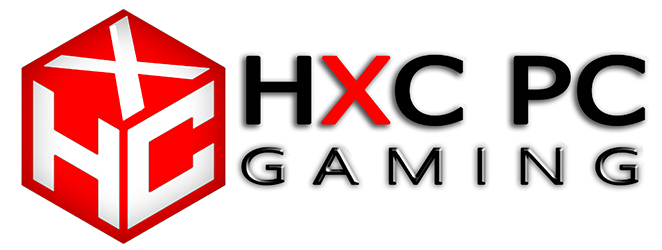The lead writer of the first three Dragon Age games, and the man often cited as the creator of its fantasy world, has looked back on how BioWare’s independence slowly degraded under EA’s ownership.
David Gaider had a storied career at the iconic BioWare for 17 years, starting with writing on Baldur’s Gate 2 before becoming one of the main architects behind Dragon Age, but now that he’s leading his own indie team Summerfall Studios, the famed writer looked back on the RPG developer’s history in an interview with GamesRadar+.
“It’s really hard to talk about the years that led to my departure,” he told us. “At its height, it was a glory to work there.” He begins by reminiscing about what the studio was like in the late ’90s, when it was pushing out Baldur’s Gate 2. “It was D&D, I was fresh. They would they refer to me as the machine, because I wrote so quickly. I think I wrote half of BG 2 myself, honestly.”
While he described the studio’s best years as “glorious,” he’s also aware that things weren’t entirely perfect when BioWare was still independent. Crunch was prevalent at the company, but Gaider remembers it felt like “that was just part of the job, like, I didn’t think it was feasible to question it. You worked until it was done and that was just the way it was.”
Still, despite the gruelling hours, Gaider says “it just felt like we made RPGs [because] that’s what we were interested in making and we wanted to make them as good as they possibly could be.” And in a rare turn for the industry, “BioWare’s writing, our narrative team, was seen as foundational to BioWare success.” As he says, the studio felt like a place where he could write stories with meaning and intent, for the love of the game.
Things slowly began changing after EA acquired the company, though. Gaider’s impression was that studio co-founders Greg Zeschuk and Ray Muzyka planned to change the publisher from the inside out – “It was the snake eating the elephant.” At the time, BioWare wanted to make “prestige games” and focus on high Metacritic scores “that will lead to profits, not the other way around.” And, for a while, EA leadership supported that goal.
However, changes in EA leadership meant that “suddenly, suddenly, suddenly things were different.” Zeschuk and Muzyka left not long after. Gaider’s “impression” was that the duo had realized their goal of changing EA from within was no longer doable. “And then things started to change more rapidly.”
“Bioware had a certain amount of independence under EA,” he recalls. “My impression was always that every time BioWare needed to ask EA for something, like an extension on a schedule… they had to give something.” He even recounts one email that came down where BioWare cheerily announced the team would no longer get two free weeks off at Christmas to more closely align with EA policy. “But I suspect they did that [because] they’d asked for something like an extension.”
“I suspect that’s the way it went,” Gaider adds. “And, so, slowly, by inches, yeah, BioWare sort of surrendered more and more of its independence until we got to where we got to. I mean, I can’t really speak to what happened after 2016, but I think it’s kind of obvious. I mean, Jason Schreier wrote a good article of what happened with Anthem, and that’s pretty damning. And then you sort of can see what has come out of the company since, honestly, which is too bad because it’s like… while I was there, at its height, it was, it felt glorious.”
“I felt like I was at work. I was having fun… even though it was often hard, I would get out of bed and I’d be eager to go into work. There’s always something really cool going on. I had a really cool job, and I was working on projects that I felt were, if not you know Shakespeare, I knew they were going to be fun and they were fun to write.”
Dragon Age: The Veilguard was the studio’s latest release, and things didn’t go smoothly for the developer thereafter.

